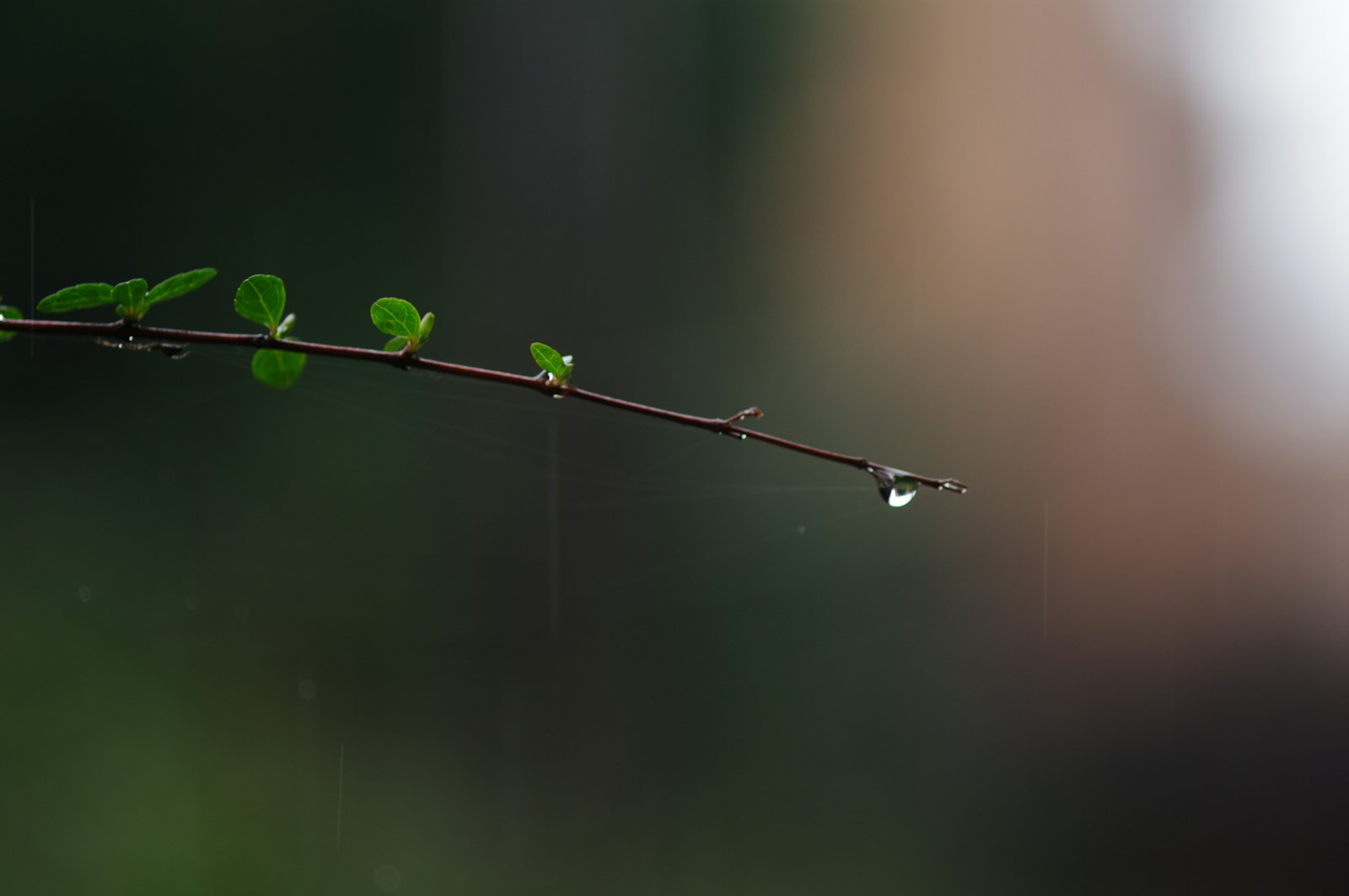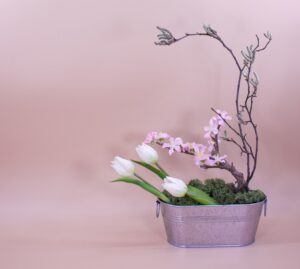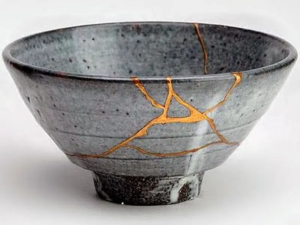In a world obsessed with the pursuit of perfection, the ancient Japanese philosophy of Wabi-Sabi offers a refreshing counter-narrative. Embracing the beauty of imperfection, Wabi-Sabi teaches us to find the profound in the mundane, the elegance in simplicity, and the serene grace in the ephemeral nature of life. This article delves into the essence of Wabi-Sabi, uncovering its roots, principles, and the transformative impact it can have on our lives and environments. As we embark on this journey of acceptance and appreciation, we uncover a path to a more mindful, decluttered, and authentically beautiful existence.
Discovering Wabi-Sabi: A Path to Acceptance
Wabi-Sabi represents a nuanced approach to life that celebrates the imperfect, transient, and modest aspects of our existence. It challenges us to shift our perspective from seeking flawlessness to appreciating the inherent beauty in the flawed. This acceptance encourages a profound inner peace, aligning closely with mindfulness practices that advocate for being present and finding contentment in the "now." By embracing Wabi-Sabi, individuals embark on a path of self-acceptance, recognizing that imperfections are not inadequacies but essential elements of our unique stories and identities. This philosophy nurtures a compassionate view towards aging, both in ourselves and in the objects that surround us, fostering a deeper connection to the natural world and its cycles. Through Wabi-Sabi, we learn to appreciate the beauty in the weathered, the worn, and the impermanent, forging a more authentic relationship with our environment and the items within it.
The Origins of Wabi-Sabi: Ancient Wisdom Renewed
The roots of Wabi-Sabi stretch deep into Japanese culture, intertwining with Zen Buddhism’s teachings on impermanence, suffering, and emptiness. Historically, "Wabi" referred to the rustic simplicity and quietude of living close to nature, while "Sabi" denoted the beauty that comes with age—such as the patina on a well-loved piece of furniture or the serene dignity in the lines of an aged face. Over centuries, these concepts evolved into an aesthetic and philosophical guide for living. By the 15th century, tea masters, Zen monks, and artists had distilled Wabi-Sabi into an ethos that profoundly influenced Japanese art, architecture, and lifestyle, presenting an antidote to the rampant materialism and obsession with perfection that characterizes much of modern life.
Imperfection as Beauty: Redefining Aesthetics
Wabi-Sabi offers a radical redefinition of aesthetic values, positing that true beauty lies in the flawed and the impermanent. This perspective stands in stark contrast to classical Western ideals of beauty, which often idolize symmetry, permanence, and idealized forms. Wabi-Sabi finds expression in the uneven glaze of a handmade ceramic bowl or the irregular weave of a linen cloth, each imperfection adding to the object’s unique character. This appreciation for the "perfectly imperfect" extends beyond physical objects to our personal experiences, relationships, and creative expressions, allowing us to celebrate authenticity over artificiality. By redefining beauty in this way, Wabi-Sabi liberates us from the relentless pursuit of perfection, opening our eyes to the richness of the world as it truly is.
In the Flaws, We Find Meaning: Wabi-Sabi Explained
At its core, Wabi-Sabi is an intimate dance with the transient nature of life. It teaches us that in the inherent imperfections of our world lies a profound beauty and a source of deep, meaningful experiences. This philosophy encourages us to look beyond the surface and find value and significance in the marks of wear and tear—the story behind the cracked ceramic, the journey of a weathered rock. These flaws are not merely tolerated but revered, for they embody the passage of time, the touch of human hands, and the cycle of nature. Through the lens of Wabi-Sabi, we learn to appreciate the richness of life, with all its imperfections, and to see the marks of time as symbols of resilience, survival, and the impermanent beauty of existence.
Wabi-Sabi in Daily Life: Practical Applications
Incorporating Wabi-Sabi into our daily lives begins with a shift in mindset, from one of criticism and dissatisfaction to one of acceptance and appreciation. This can manifest in numerous practical ways, from how we decorate our homes to how we perceive our own aging. Practitioners of Wabi-Sabi might choose furnishings that celebrate natural materials, textures, and craftsmanship, embracing the stories behind second-hand or handcrafted items. This ethos also influences our relationships with personal imperfections, encouraging a kinder, more compassionate self-view. In the realm of personal productivity and creativity, Wabi-Sabi invites us to value the process over the outcome, finding beauty in the evolution of our work. By applying these principles, we cultivate environments and mindsets that resonate with authenticity, simplicity, and serenity.
From Pottery to Poetry: Wabi-Sabi’s Cultural Impact
Wabi-Sabi’s influence extends far beyond aesthetics, permeating various aspects of culture, art, and literature. In pottery, it celebrates the uniqueness of each piece, while in poetry and literature, it often finds expression in themes that highlight the ephemeral nature of life and the beauty in transience. This philosophy has inspired artists, writers, and designers worldwide, encouraging a departure from the pristine and polished to embrace the raw and real. Its impact on architecture and interior design promotes spaces that reflect the impermanence and imperfection of existence, creating environments that feel lived-in and authentic. In this way, Wabi-Sabi has become a global cultural force, championing a return to simplicity and authenticity in an increasingly complex and superficial world.
Embracing the Impermanent and Incomplete
The essence of Wabi-Sabi lies in its celebration of the impermanent and incomplete, advocating for a lifestyle that honors the transient and the evolving. This principle encourages a detachment from material possessions and a focus on the experiences and relationships that truly enrich our lives. It teaches us to let go of our clinging to permanence, welcoming change and decay as natural and beautiful aspects of existence. By embracing the impermanent and incomplete, we find freedom from the fear of loss and change, opening ourselves to a more fluid and accepting engagement with life.
Wabi-Sabi and Mindfulness: A Harmonious Connection
Wabi-Sabi and mindfulness are intimately connected, both philosophies advocating for a present-focused awareness that finds beauty and satisfaction in the "here and now." This mindfulness approach encourages us to slow down, savor the moment, and appreciate the simple joys and imperfections of daily life. By adopting a Wabi-Sabi mindset, we cultivate a deeper sense of gratitude and contentment, recognizing the value in every experience, regardless of its imperfections. This harmonious connection between Wabi-Sabi and mindfulness offers a pathway to a more grounded, serene, and meaningful life.
Decluttering the Soul: Wabi-Sabi and Minimalism
Wabi-Sabi shares a natural affinity with minimalist principles, both philosophies valuing simplicity, authenticity, and the removal of unnecessary clutter. However, Wabi-Sabi introduces a warmer, more organic approach to minimalism, celebrating the beauty of objects and spaces that carry meaning and history. This melding of ideas promotes a form of minimalism that feels more personalized and less austere, encouraging a decluttering of the soul as much as of physical spaces. By integrating Wabi-Sabi principles with minimalism, we learn to create environments and lifestyles that resonate with our deepest values and aspirations, focusing on what truly matters.
Transforming Spaces with Wabi-Sabi Principles
Applying Wabi-Sabi principles can profoundly transform our living and working spaces, creating environments that embody warmth, authenticity, and tranquility. This transformation involves choosing materials, colors, and textures that reflect the natural world, appreciating the beauty of handmade objects, and curating spaces that feel personal and lived-in. By embracing imperfection in our surroundings, we foster a sense of comfort and ease, making our spaces more inviting and reflective of our true selves. This approach not only enhances the aesthetic appeal of our environments but also promotes a deeper sense of wellbeing and connection to the world around us.
Wabi-Sabi in the Digital Age: An Antidote to Perfectionism
In the digital age, where social media often amplifies ideals of perfection, Wabi-Sabi emerges as a powerful antidote to the pressures of perfectionism. It challenges the curated, flawless images that dominate online spaces, advocating for a more authentic and compassionate engagement with ourselves and others. By applying Wabi-Sabi principles to our digital lives, we can foster a culture that values genuine connections, celebrates diversity, and encourages self-acceptance. This shift towards embracing imperfection can help mitigate the negative impacts of digital perfectionism, leading to healthier, more fulfilling online and offline lives.
Building a Wabi-Sabi Lifestyle: Steps to Start Today
Adopting a Wabi-Sabi lifestyle begins with small, intentional steps towards embracing imperfection and appreciating the beauty in the ordinary. This can start with mindfulness practices that encourage presence and gratitude, the cultivation of hobbies that value process over perfection, and the conscious creation of spaces that reflect Wabi-Sabi principles. By setting intentions that align with Wabi-Sabi’s ethos, we can gradually shift our mindset and habits towards a more accepting, contented, and authentic way of living. Whether it’s through the art we create, the objects we cherish, or the relationships we nurture, building a Wabi-Sabi lifestyle is a journey towards finding beauty in imperfection and meaning in the mundane.
Embracing Wabi-Sabi offers a pathway to rediscover the beauty and richness of life through the lens of imperfection and transience. In doing so, it challenges the modern obsession with perfection, advocating for a more authentic, mindful, and deeply fulfilling way of living. By integrating Wabi-Sabi principles into our daily lives, we can transform our relationship with ourselves, our spaces, and the world around us, fostering environments of warmth, authenticity, and serene beauty. The journey towards a Wabi-Sabi lifestyle is an invitation to slow down, appreciate the simple joys of life, and find harmony in the perfectly imperfect tapestry of human existence.


